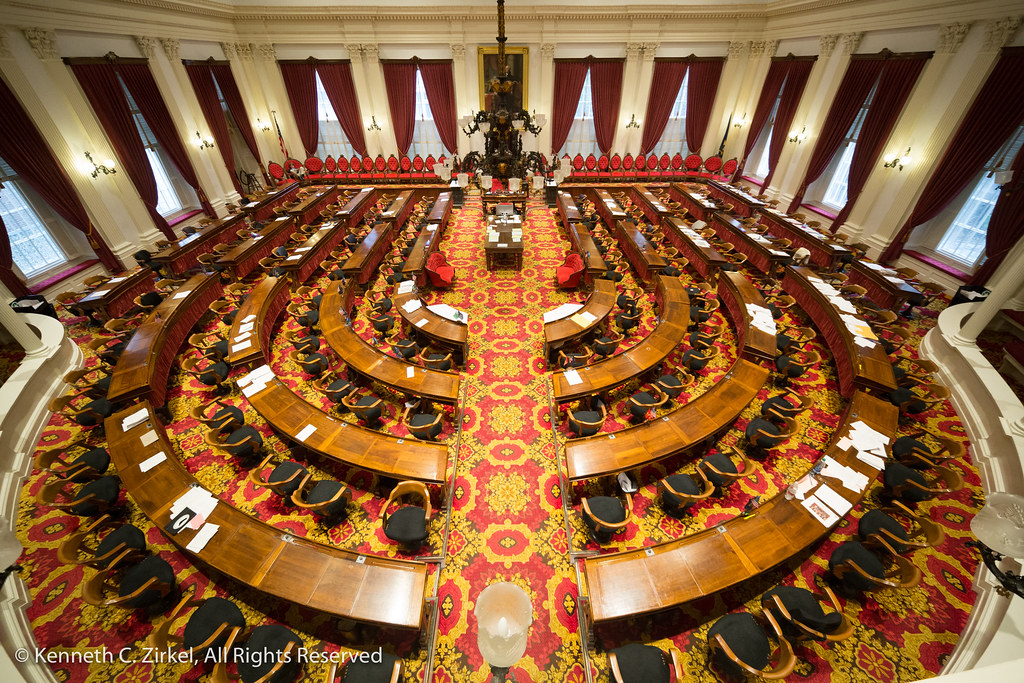Omnibus Economic and Workforce Development Bill in Final Negotiations
The House and Senate have each passed their own versions of the economic and workforce development bill. A conference committee must now reconcile differences as well as account for the Governor’s priorities that have been excluded. The Vermont Chamber has worked to improve the VEDA forgivable loan program. The House-passed version includes $19 million and more favorable program requirements for small businesses still struggling to recover from pandemic-related impacts, compared to the Senate’s $15 million for the program. In addition, the House-passed version contains $10.2 million for the Capital Investment Program while the Senate-passed version left this out entirely. The House-passed version failed to fund the relocating workers incentives and relocation network and marketing, which the Senate supported with $6 million for incentives for relocating workers and $4.2 million for a regional recruitment and support network. The Governor asked for these programs to attract new workers to move here and grow the workforce.
The Governor has indicated that if the Legislature passes this bill without appropriate support for workforce expansion, which he has repeatedly identified as one of his top priorities, he could veto the bill, sending it back for revision. With over $100 million in the House version and $95 million in the Senate version, there is still a lot in play, and the conference committee is under political pressure with a short timeline to resolve their differences.
The Vermont Chamber will keep fighting for the business priorities that will support recovery and workforce growth. Read more about the differences between the Senate and House versions of the bill in this comparison, prepared by Legislative Counsel, and in this rundown of the spending in the two bills, prepared by the Joint Fiscal Office.
SHARE THIS ARTICLE
RECENT NEWS



